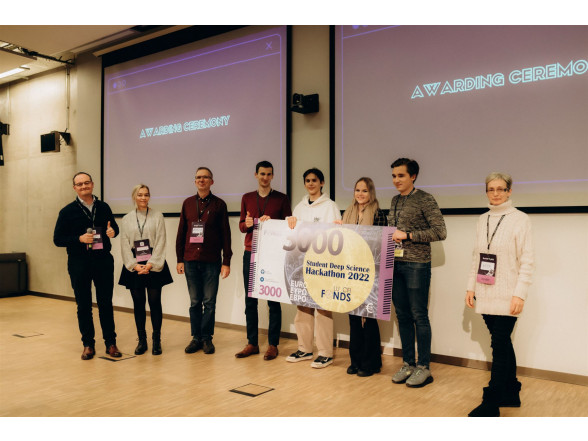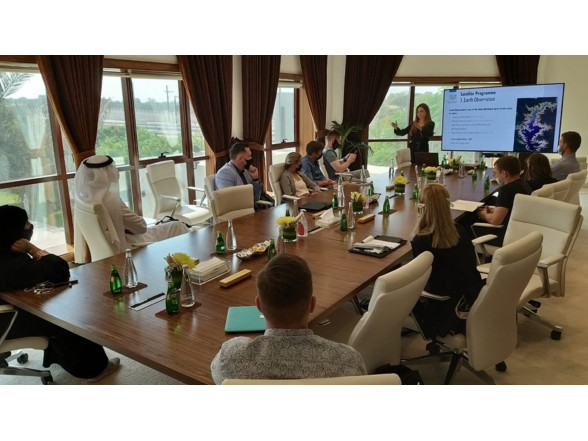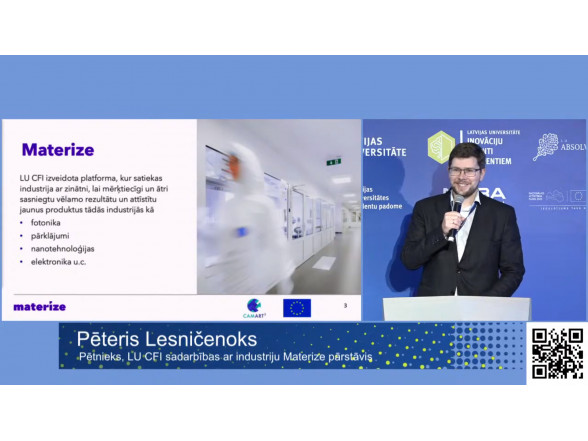During the last weekend of November, the Student Deep Science Hackathon took place. Inspired by the latest technological innovations, the students came up with creative solutions to their ideas and expanded their digital skills. After three great days, the best idea of the Hackathon won a prize of EUR 3000.
A hackathon was an event where both beginners and experienced participants were invited to divide into teams, come up with ideas and turn them into prototypes with the help of technology. Teams could use the help of mentors and participate in various workshops where they could learn a specific skill or technology. During the event, students could find out what else was needed apart from the technology to implement and develop their idea. Students from various fields were invited to participate in the event to understand better how to get from an idea to a solution and what the interaction was between an idea, technical solution, business development and design.
Every year, the hackathon brings together talented secondary school and university students from a wide range of fields. By joining forces in a team, a lot gets accomplished in 48 hours. The first place and the main prize of EUR 3000 provided by the Foundation of the Institute of Solid State Physics, University of Latvia went to the team that created an innovative method for the desalination of water - "Water desalination devise". The team "Ash Gaum" won the prize of the hackathon’s special sponsor, OX Drive, a Latvian start-up that offers car-sharing using only Tesla electric cars. "The Green Bio Composites” and the “PHOSYS” teams won the ISSP UL’s incentive prizes and a field trip to the Institute.
The event concluded with the presentations of the “Energy Tracker” team, whose idea was to develop a sensor-powered wearable technology to monitor an individual’s health in real-time, and the NeuroMax idea - kinetic energy transfer modules for early age-related neurodivergence diagnosis and adult anxiety feedback systems based on triboelectric nano-generators. Whereas the "Securify" team presented their idea of a vest that protects police officers from wound infections and alerts emergency medics that a police officer has an injury.
The ISSP UL is happy and proud of everyone who participated in the hackathon - great ideas, remarkable teams, and inspiring results.
The Student Deep Science Hackathon was organized by the Institute of Solid State Physics, University of Latvia, Student Council of the University of Latvia (online community “The Racoons”) and the student innovation program "Esi", "TechHub Riga", the Technology Business Center of the Investment and Development Agency of Latvia. and the Foundation of the Institute of Solid State Physics. The event was supported by project No 1.1.1.3/18/A/007 "University of Latvia Innovation Grants for Students" activities.



